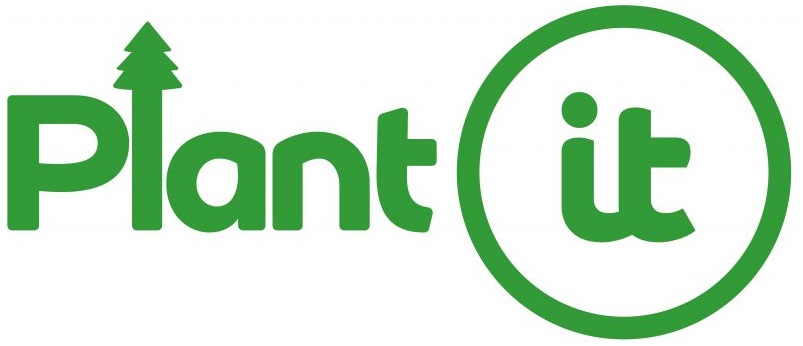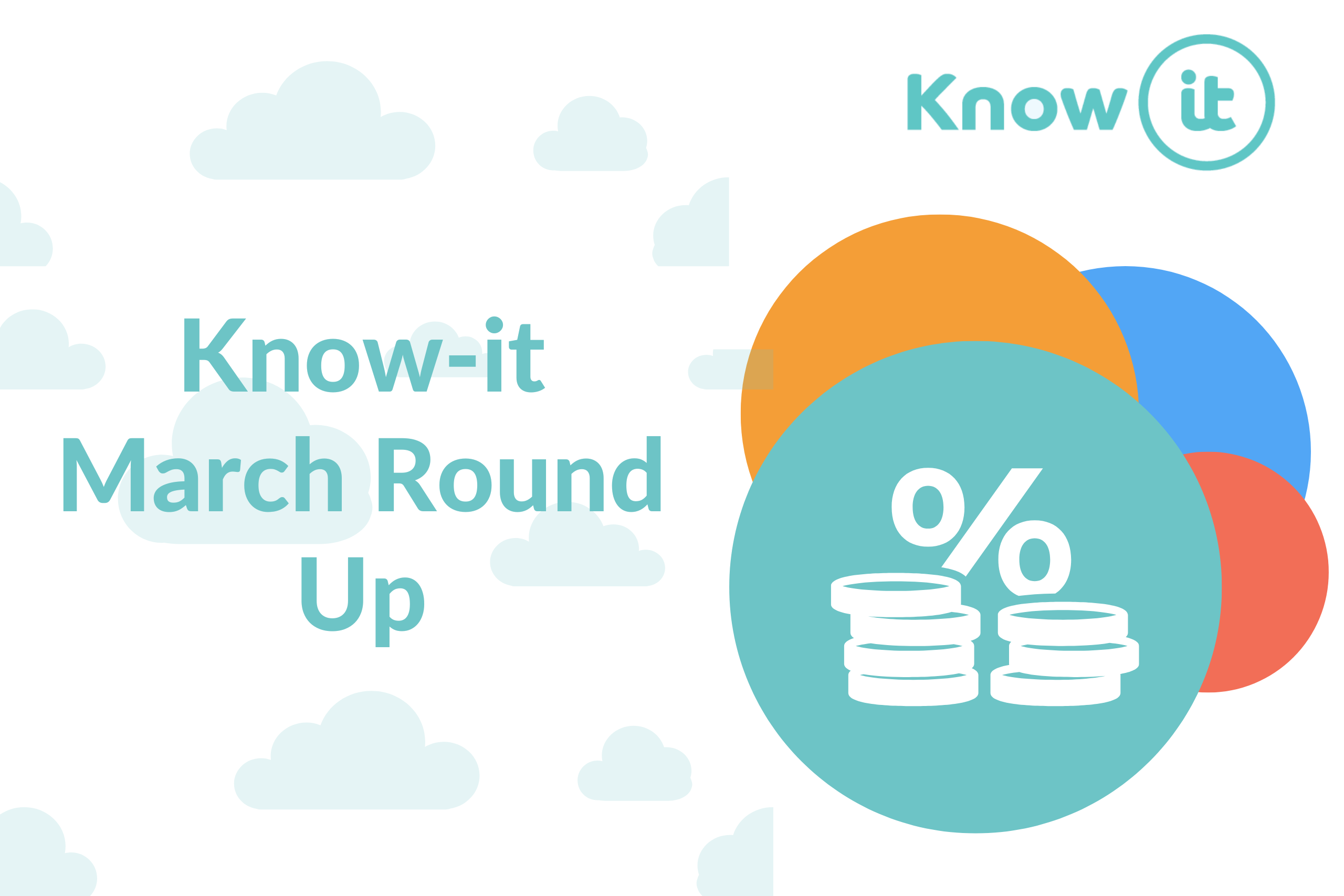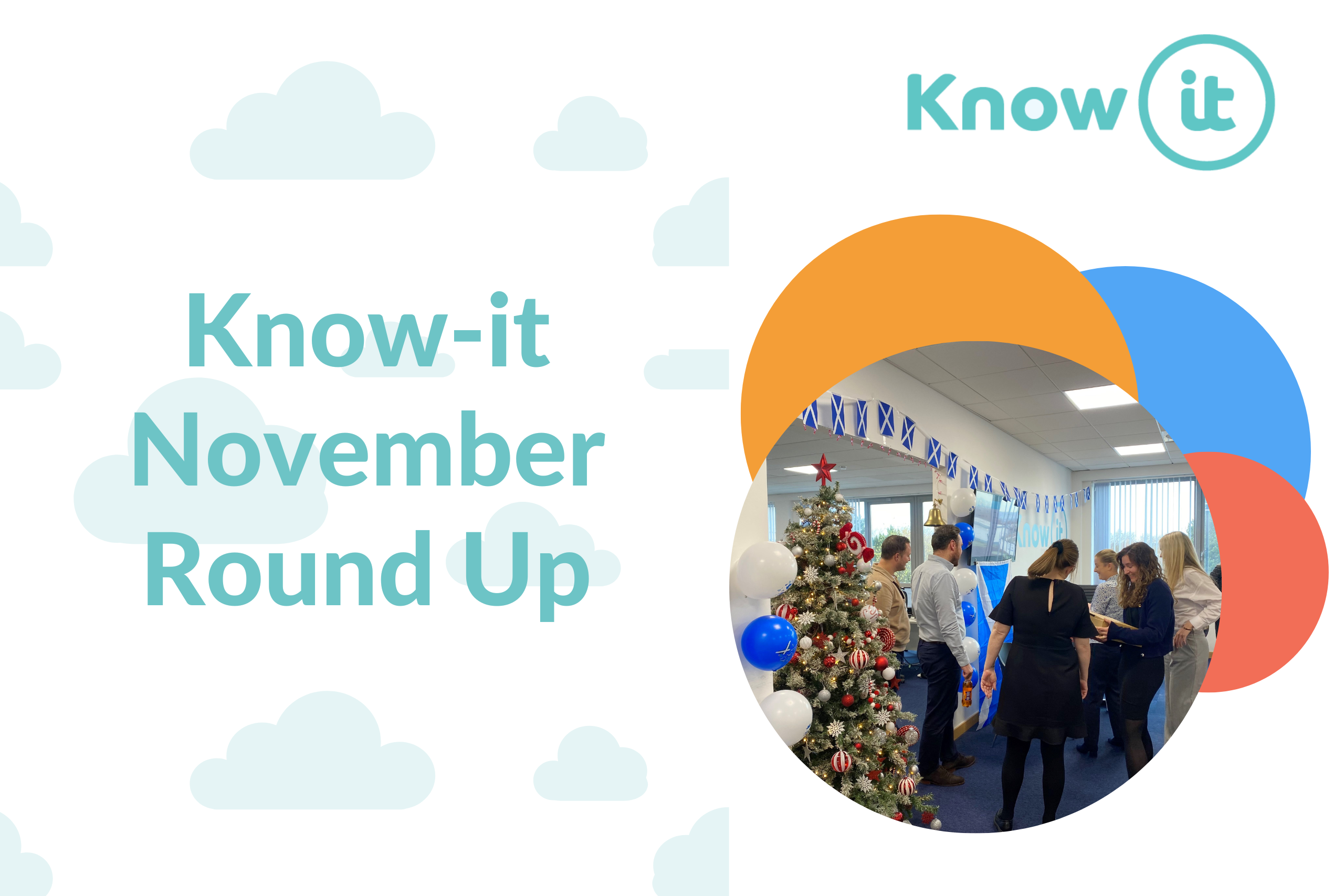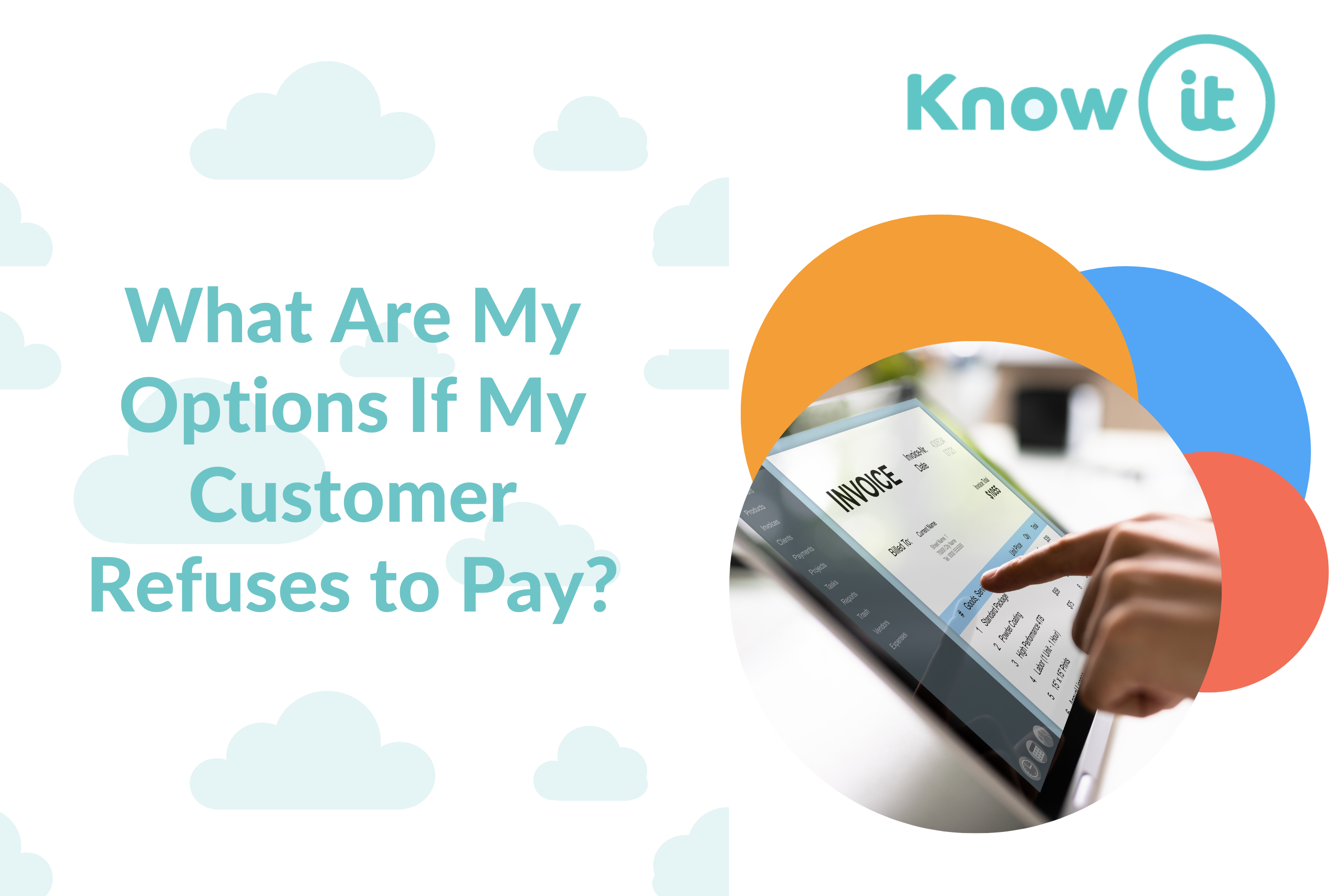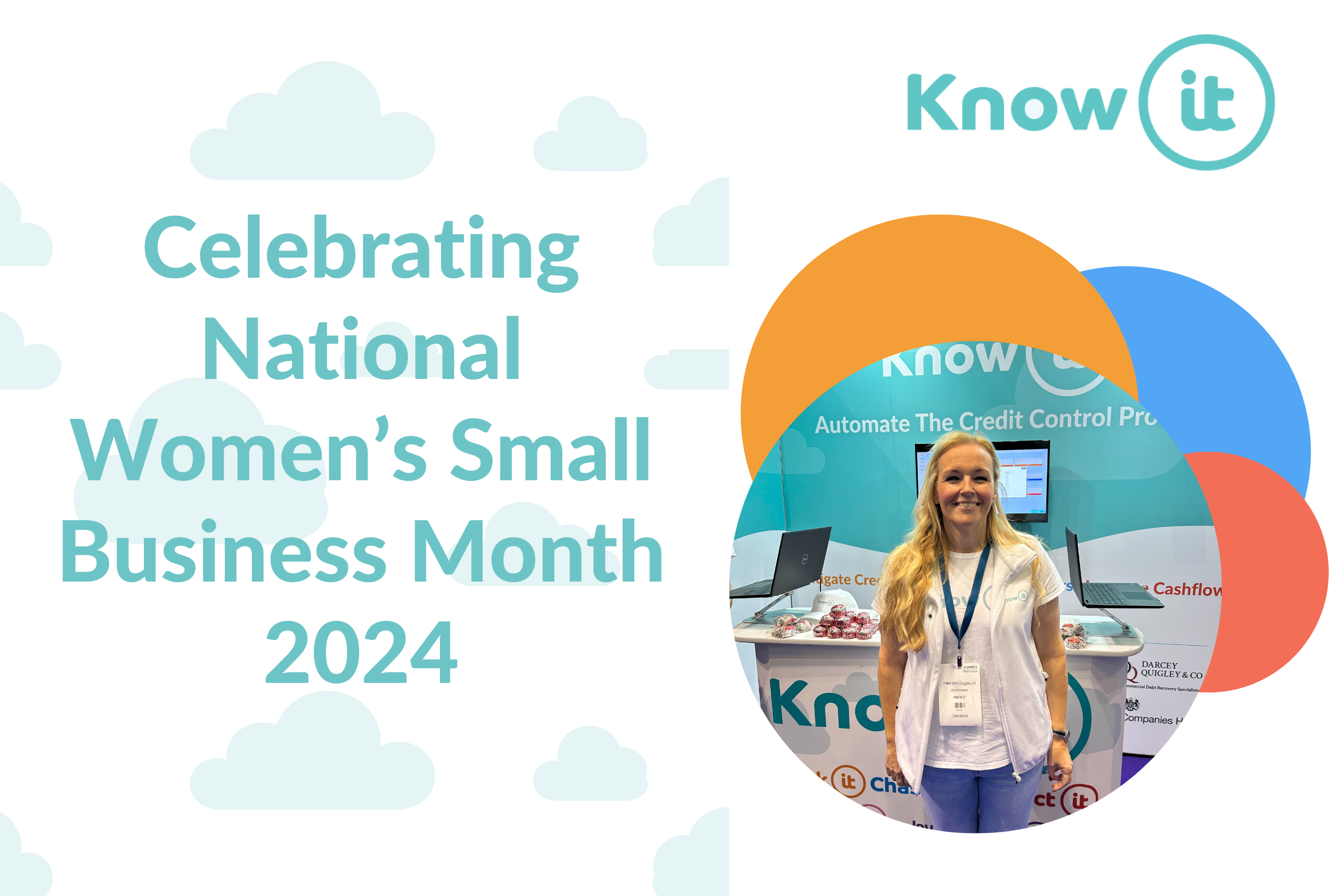How real-time insolvency data supports credit control
By incorporating insolvency data into your credit control processes, you can monitor business health in real-time and connect multiple data feeds to receive alerts when a business reaches the brink of insolvency. Using data-driven technology to bolster due diligence protocols can help you make informed decisions when extending credit, exploring business partnerships, and building professional relationships.
In response to this data, you can take practical steps such as performing business credit checks to monitor the financial health of current and prospective customers. Valuable information as such can prompt you to schedule payment reminders accordingly and accelerate payment collection efforts to reduce the risk of bad debt.
Using an industry-standard credit control tool can aid you in tracking the insolvency risk posed to businesses and customers you regularly trade with. Many use a flag, banner, or traffic light system to illustrate the health of a business. The severity of the condition will often be reflected by the colour or number of symbols. This data can then be used to assess the creditworthiness of a business.
How to interpret insolvency data to mitigate financial risk
As a business owner, you must implement rigorous and robust due diligence measures to operate cautiously and reduce the risk of bad debt. Companies are urged to assess the financial health of businesses they regularly trade with to track any changes post Covid-19. In addition to financial distress, you may decide to follow the progress of a core client that has entered new territories, such as a new market or changed owners.
Insolvency data can shine a light on whether a business is in financial distress or facing legal action from creditors, such as a winding up petition. Here are some core areas that you must take into consideration if your business is at risk.
Over-reliance on customers – By diversifying your client base and therefore distributing risk across your business, you can continue to generate enough funds to stay afloat if a major client goes out of business. As a result, your business is likely to be less vulnerable in the event of a late payment or cancelled order.
Bad debt – Accumulating bad debt could be the last straw for your business if it is already in financial distress because of cash flow problems. Data published by the Insolvency Service shows that there were over 17,000 insolvencies in 2019, which translates into billions of pounds worth of invoices being written off by UK SMEs.
This is expected to grow as the coronavirus pandemic leaves businesses cash poor and financial support from the government came to an end on 30 September 2021. The moratorium on winding up petitions was also lifted at the end of September which opened the gateway to creditor pressure and potential insolvencies.
The financial health of a business will naturally fluctuate throughout the year, based on consumer demand, industry trends and market conditions. When trading with new suppliers, trust and good faith can go a long way, however, due diligence is essential for businesses of all sizes and industries, as failure to do so could result in damaging reputational and financial repercussions.
Keith Tully is a partner at Real Business Rescue, and an insolvency specialist with 30 years of experience in assisting company directors in financial distress. He advises businesses struggling with HMRC arrears, cash flow issues and outstanding Bounce Back Loans on company restructuring, rescue and liquidation options.
Lynne is the Founder and CEO of Know-it!
She is a passionate, driven and forward-thinking entrepreneur determined to help resolve the late payment crisis gripping SMEs.
Having worked within the credit management industry for over 27 years and ran UK leading commercial debt recovery specialists Darcey Quigley & Co for over 16 years, Know-it was devleoped to make credit control more accessilble for SMEs to help them effectively mitigate credit risk, reduce debtor days and boost cashflow!
Connect with me on LinkedIn!

















